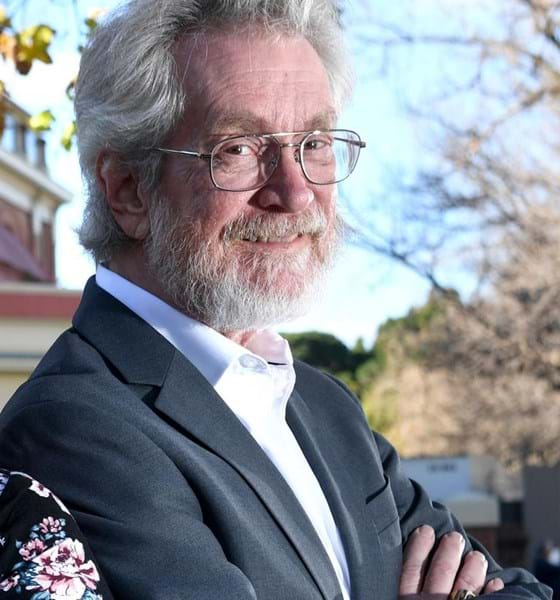Mobile operator data, and particularly Call Detail Records (CDRs), have a huge potential to support decision-making in low- and middle-income countries but their use is still currently in its infancy.
Many governments in low- and middle-income countries are recognising the need to adopt new data sources and systems in order to fill ‘data gaps’ and enable governments, civil society and the private sector to meet their development goals. To bring timely and accurate data to these actors, we are leveraging Call Detail Records (CDRs) for the common good. Compared to traditional phone or field surveys, CDR data have the advantage of being generated automatically on a real-time basis as a by-product of cell phone network subscriber interactions. There are a lot of applications for these data, notably supporting the allocation of resources in disaster response contexts, informing disease spread models, and public planning.
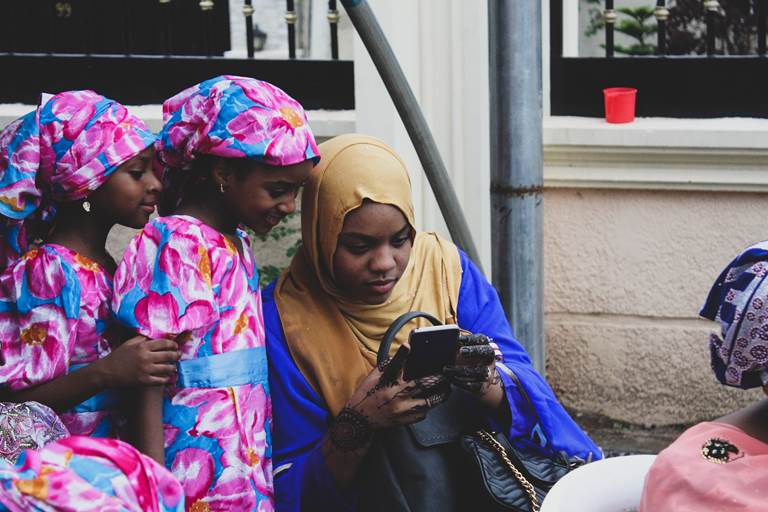

However, several challenges are preventing the routine use of CDRs for decision making in these countries. These include, among others, complex legal and regulatory approval processes for third party access to mobile operator data; the lack of mobile operator’s capacity to manage and process CDR data for social good or the lack of financial incentives for operators to share data and manage data releases over the long term. Consequently, the access and analysis of CDR data by in-country stakeholders have been limited.
With the support of the Agence française de développement (French Development Agency, AFD) and the William & Flora Hewlett Foundation, and the collaboration with Digicel Haiti, this is what we are aiming to overcome.
Our approach
We focus on enabling the increased access to and use of mobile operator data, in low- and middle-income countries, in ways that are ethically sound, financially viable, and sustainable.
With this new approach and business model, we aim to support the achievement of the Sustainable Development Goals, through the provision of a secure and accessible web platform, providing CDR-based mobility information produced by our FlowKit software. The programme builds on our experience gained across 18 low- and middle-income countries over the last decade, and FlowKit.

Origins
This approach is built on the OPAL programme, which was originally developed by a group of partners from the MIT Media Lab, Imperial College London, Orange Group, Telefonica Group, the World Economic Forum and Data-Pop Alliance in 2017 (hereafter the founders), with the support from the Agence française de développement (French Development Agency, AFD) and the William & Flora Hewlett Foundation.
The vision of the OPAL concept is to unlock the potential of private data from a variety of sectors from mobile operators to banking, health and much more in a privacy-conscious and sustainable manner. The founders of OPAL approached Flowminder in early 2020 to lead the mobile operator data side of the work and focus on partnerships with mobile operators to operationalise and scale this market globally.
OPAL is the path whereby countries can allocate resources exactly where needed, and thus serve their citizens better
— Professor Alex 'Sandy' Pentland, MIT
Scaling up the OPAL concept using our own technology & models
Building on our experience and track records of setting mobile data partnerships, and using our own technology, we are now taking this work further to open data access with mobile network operators through robust governance and ethics principles, privacy-preserving methods and tech, and a new approach to sustainability, exploring and testing business model solutions with the operators.
Our vision & solution

Our ecosystem
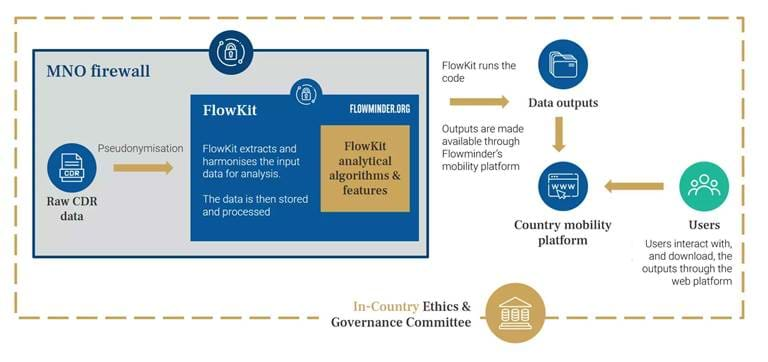
Technology: an online platform to facilitate data use
The main engine behind our CDR work is FlowKit, our open-source suite of software tools designed to enable the secure access and analysis of CDR data. FlowKit is a software run behind the operator’s firewall. It provides a range of analytical features to extract aggregated data about subscribers’ characteristics, network usage, mobility patterns and more. Funding from AFD and the Hewlett Foundation will allow us to further develop the toolkit over the coming years to bring in more features that will be made openly available. Through this work, we will see the integration of a FlowKit user interface, an online platform which will enable approved third parties to easily and securely access FlowKit’s mobility indicators. The information available via the platform are anonymous and aggregated statistics. This will significantly scale the impact of these data, which are at the moment very hard to gain access to.
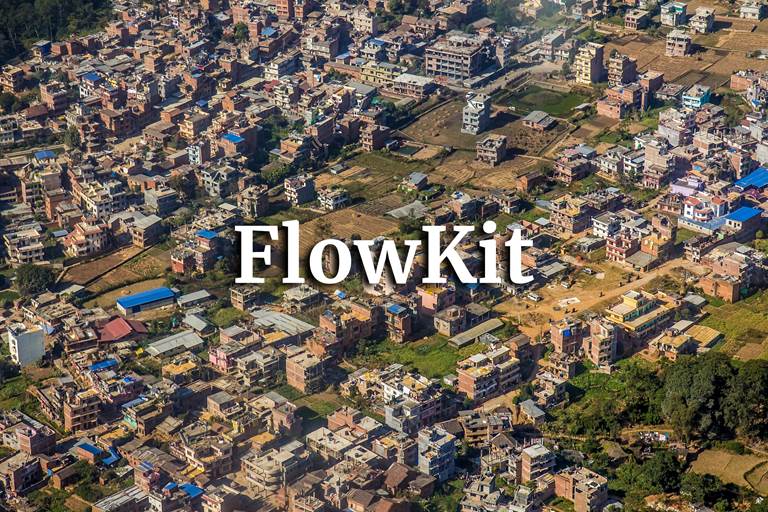
FlowKit integration
FlowKit is intrinsically linked to the implementation of this model: FlowKit is the software and platform serving the programme with anonymous and aggregated mobility information. These privacy-preserving technologies will be supported by participatory governance systems that together will form the approach. The web platform will host FlowKit outputs and will realise one of the key aspects of our vision: sharing mobility data more easily, in a privacy-secure manner, with third parties from the public and the private sector.
Data privacy, governance and ethics
Like all mobile operator data based activities at Flowminder, we abide by the strictest standard for protecting subscribers' data privacy. All the statistics are strictly aggregated, meaning that no individual data is ever exposed. Furthermore, it complies with national regulations on data privacy and is GDPR compliant. Flowminder acts as a data processor and each participating mobile operator as a data controller.
Governance & Ethics Committees
Our vision for this work is to ensure transparency and accountability of our outputs towards the communities we want to serve. In each country where our programme is set up, a national committee composed notably of representatives of civil society will monitor the work to ensure that all programme outputs are fair, ethical and transparent. These committees will not only play this key role of increasing transparency toward civil society, they will also contribute to the identification of new users and new applications beneficial for the country and its people.
Business model & sustainability
This model is based on a freemium model. One portion of the web platform will be free and will be providing some historical data in the country of interest. In Haiti, we will be providing three-month of mobility data during the COVID-19 pandemic. The other portion of the platform, accessible conditional on payment, will be providing more recent mobility estimates produced using our latest bias-adjustment and population scaling methods. This new business model aims at allowing mobile operato data initiatives to be less dependent on donor funding and see users contribute to its maintenance and development.
If you are a mobile operator interested in collaborating, or if you want to find out more about our FlowKit solution and various partnership models, please contact us:
Our partners in Haiti
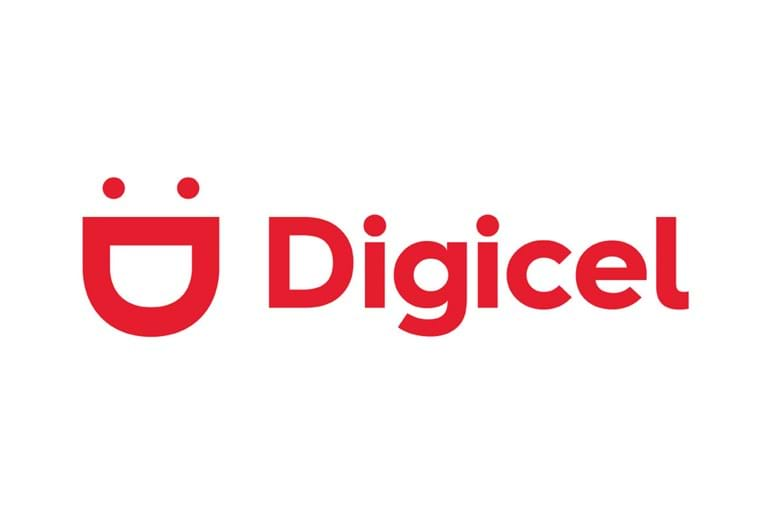
Digicel Haiti
Mobile network operator
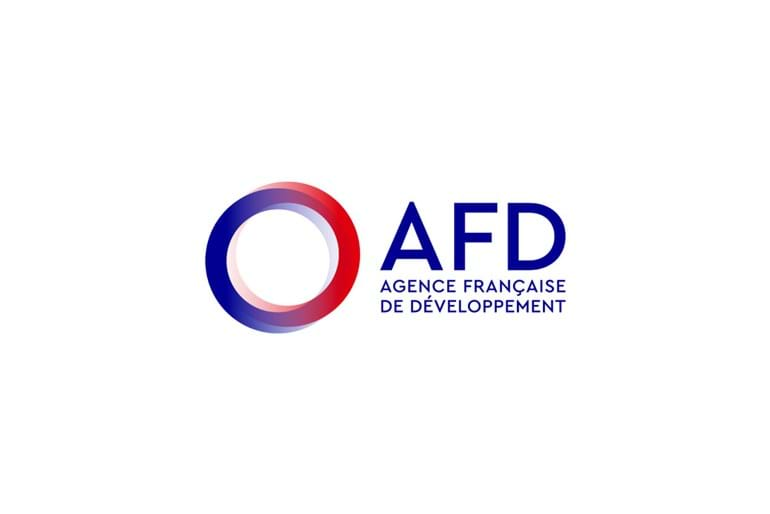
Agence Française de Développement (AFD)
Donor
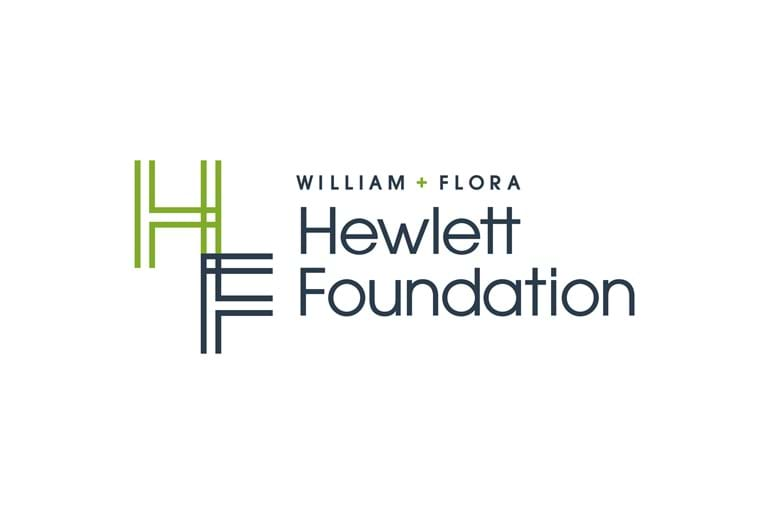
William + Flora Hewlett Foundation
Donor
Advisory Board
The Advisory Board is composed of the OPAL founders - their role is to advise us on potential ways forward, on topics such as business models, technology and product development, partnerships with operators, governments or academia, or engagement with users. The creation of this board will enable us, who will be making final decisions, to get the perspectives and advice on the development of their approach for sustainability.

